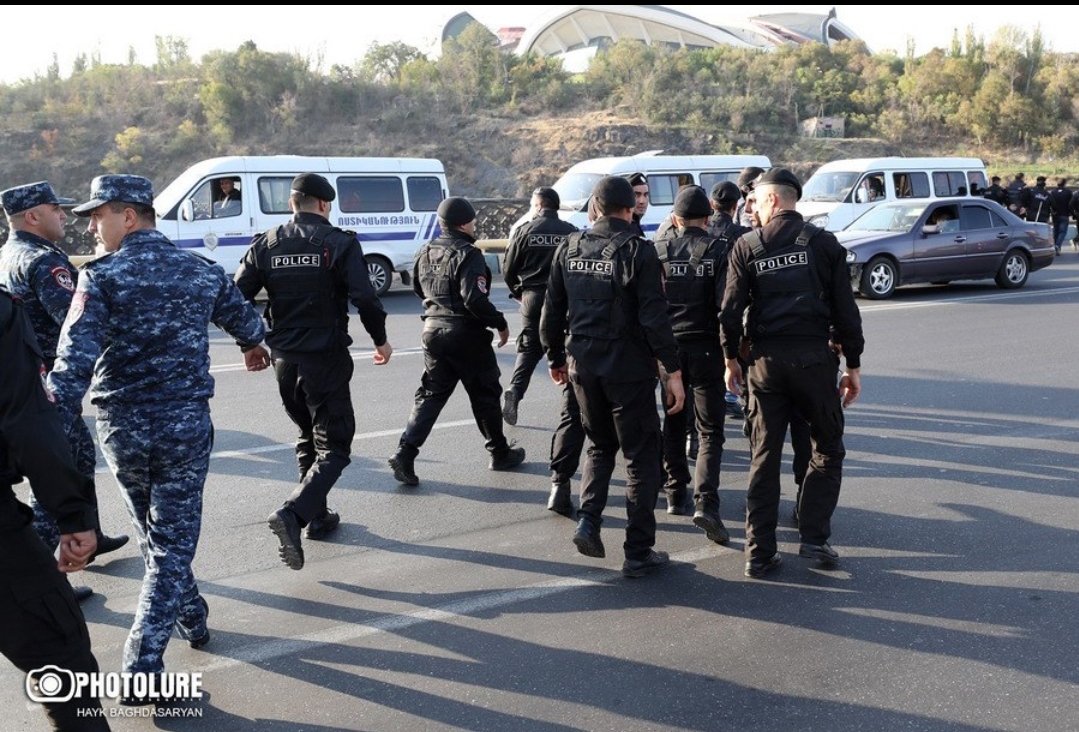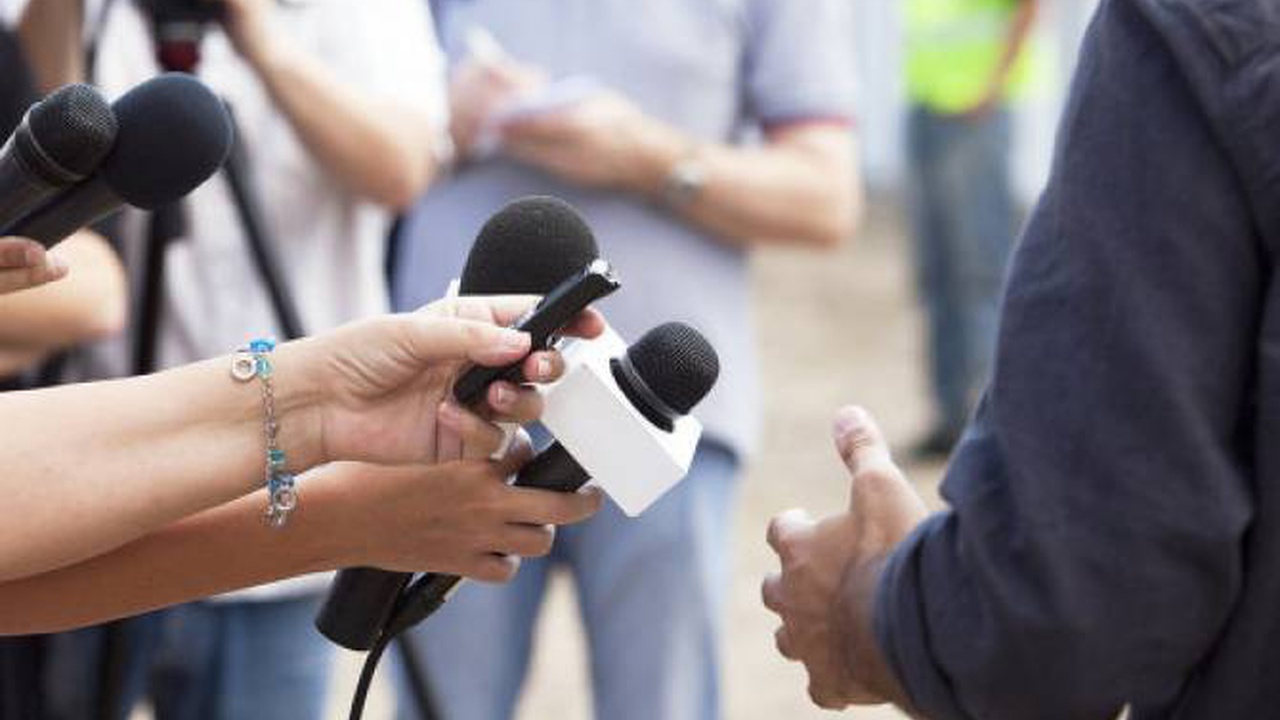"They will track people's every move": On the installation of surveillance cameras in Armenia
Surveillance cameras in Armenia
The Armenian government proposes to mandate certain organizations to ensure video surveillance at the entrances to their buildings and in areas where filming is permissible. Moreover, recordings from these cameras will be accessible to the police round-the-clock, 24/7. This initiative by the Ministry of Internal Affairs has already received a positive assessment from the parliamentary committee on state-legal affairs and has been approved in the first reading by the National Assembly.
The authors of the proposal assert that the legislative package aims to uncover and prevent crimes. However, experts argue that video surveillance threatens people’s privacy. Specialists highlight the 2020 cyberattacks where hackers gained access to Armenia’s network of street cameras from Azerbaijan.
In response to these concerns, the Ministry of Internal Affairs stated that previously, the coordination was handled not by the police but by a private company. According to the ministry’s spokesperson, cybersecurity concerns were taken into account during the development of this legislative package.
“We plan to use security systems that have been successfully tested in developed countries,” said Narek Sargsyan.
- Increase in the number of road accidents in Armenia: what explains it and how to prevent it
- 39 settlements in Armenia declared disaster zones
- 168 inspections, 3 fatalities: Labor law violations in Armenia
The police will be able to monitor the situation 24/7
If the bill is finally adopted, all entities listed will be required to ensure video surveillance of the “public areas” of their premises, says Deputy Minister of Internal Affairs Arpine Sargsyan:
“They must have a video surveillance system that meets certain standards. And it must be accessible to the Electronic Monitoring Systems Management Center, which will be able to track all movements.”
Arpine Sargsyan announced that this way the police will be able to control the situation around the clock for “several legal purposes.”
Whom the law requirement applies to
According to the Ministry of Internal Affairs, the requirement to install cameras applies to banks, credit organizations, pawnshops. It will be mandatory for pharmacies, currency exchange points with separate entrances, post offices, “external territories” of educational institutions.
The obligation to provide video surveillance will affect retail outlets larger than 100 square meters, fuel sales, and catering facilities larger than 50 square meters. Ambulances, passenger buses, minibuses, and underground parking lots are planned to be equipped with surveillance cameras.
Specific standards have already been developed. Video recording must be carried out by cameras with night vision capabilities, operating 24/7, seven days a week, and stored for at least 15 days.
Initially, the requirement for camera surveillance of premises was to be implemented within a year of the law coming into force. However, deputies from the ruling faction “Civil Contract” proposed extending this deadline, according to the Ministry of Internal Affairs.
Commentary
With the adoption of the law, the police will be able to “constantly monitor the residents of the country, utilizing the capabilities of the private sector,” believes media expert Samvel Martirosyan. In his assessment, the law implies “disproportionate intrusion” into people’s private lives:
“A large-scale surveillance system can violate the privacy of individuals, giving the authorities the ability to monitor their every move. Clear rules and restrictions must be defined to prevent unwarranted oversight.”
Changes may potentially enhance Armenia’s security, says Samvel Martirosyan. It might reduce the number of “specific types of incidents” and make it easier to solve already committed crimes. However, the expert says there are numerous concerns.
In his opinion, the government must ensure proper protection and confidentiality of collected data.
“Surveillance systems will gather personal data: identities, movement patterns, connections between specific individuals, and so forth. Therefore, legal guarantees must be established to prevent abuse and ensure data use within the confines of the law,” emphasized Martirosyan.
He believes that oversight of surveillance systems and the prevention of potential abuses should be entrusted to the Personal Data Protection Agency. Moreover, the expert sees the need for a mechanism of public oversight.
“Society lacks the tools to verify whether data is being used appropriately and to prevent abuses,” he says.
Surveillance cameras in Armenia




















